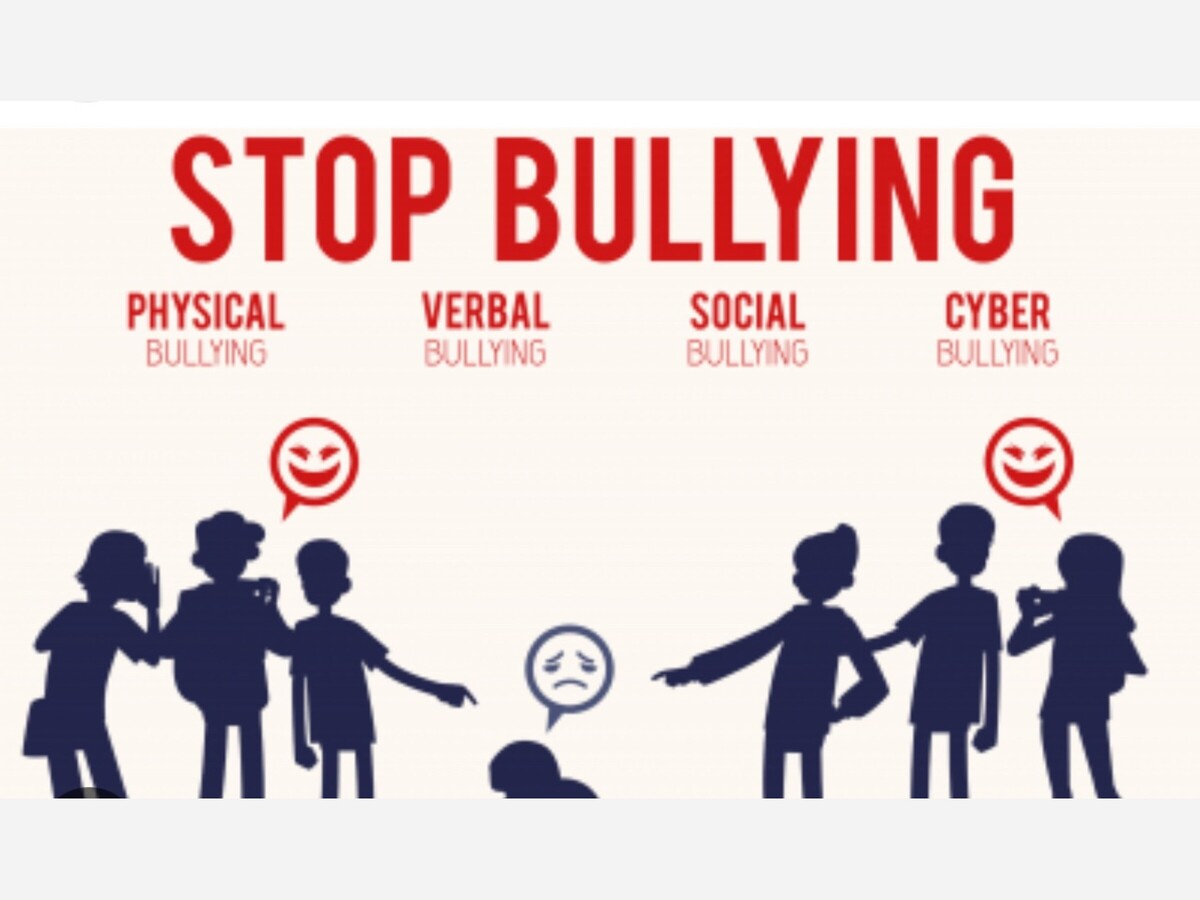Image


The New Mexico Department of Justice (NMDOJ) under the leadership of Attorney General Raúl Torrez announced the introduction of legislation to this session of the Roundhouse that just began aimed at addressing hazing and cyberbullying, marking a critical step toward protecting students across the state. Building on recent findings and recommendations regarding the prevalence and impact of hazing in schools and communities, the proposed legislation explicitly criminalizes both hazing and cyberbullying and establishes clear penalties, including felony charges for severe cases.
“New Mexico is one of only six states in the country without specific laws addressing hazing or cyberbullying—an alarming gap in our ability to protect students from these harmful practices,” said Attorney General Raúl Torrez. “As technology evolves, the risks to our children only grow. I am deeply grateful to Senator Maestas for sponsoring this important legislation. Together, we are taking decisive action to ensure the safety and well-being of New Mexico’s students. We urge the legislature to support these essential protections.”
Addressing Hazing: A Critical Need
New Mexico’s lack of anti-hazing legislation underscores the urgency of this initiative. The NMDOJ’s proposed Anti-Hazing Legislation not only criminalizes hazing but also introduces penalties for failing to report such incidents. The legislation requires post-secondary institutions to implement a code of conduct, establish hazing prevention committees, and provide accessible hazing prevention education.
Proposed penalties for hazing-related offenses include:
Combating Cyberbullying in the Digital Age
With no formal cyberbullying law currently in place, the NMDOJ is also proposing legislation to address this pressing issue. The Cyberbullying Prevention legislation aims to protect students and individuals from harmful online behavior by criminalizing communication that recklessly causes fear, detrimentally impacts mental or physical health, interferes with academic performance, or disrupts participation in school activities.
Proposed penalties for cyberbullying offenses include:
This comprehensive legislation reflects NMDOJ’s commitment to creating a safer environment for students, both online and offline. By addressing the gaps in existing laws, the department is working to ensure accountability and provide schools with the tools necessary to prevent these harmful behaviors.
A full copy of the proposed legislation on hazing and cyberbullying is below.